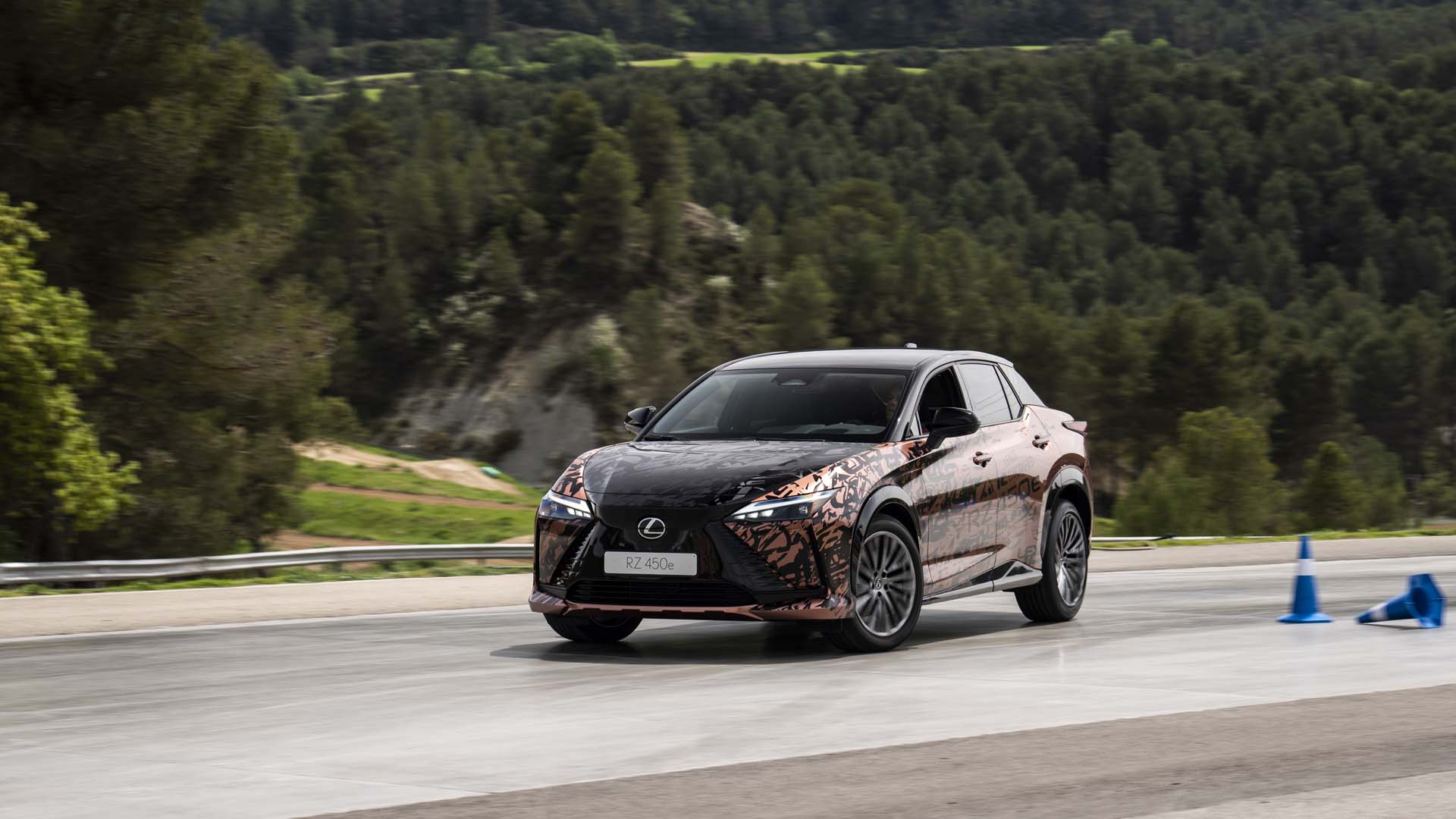The problem is the platform and hardware are not promising...giving it 70kW extra power isn't going to solve its terrible range, efficiency and charging speed.If the platform and hardware are promising, hopefully over time it can get even better.
And we now see they achieve such acceleration performance not by superior efficiency, but by using a super short reduction ratio (13.786). The 1XM motor unit is maxed at 166km/h and revving at almost 10000rpm at 100km/h and 12000rpm at 120km/h. Most competitors are in the 8-11 range for better efficiency. It's very rare for Toyota to go for an acceleration optimized gear ratio than efficiency optimized ratio. I think that design decision is to compensate for their very conservative battery size and discharge rate.

